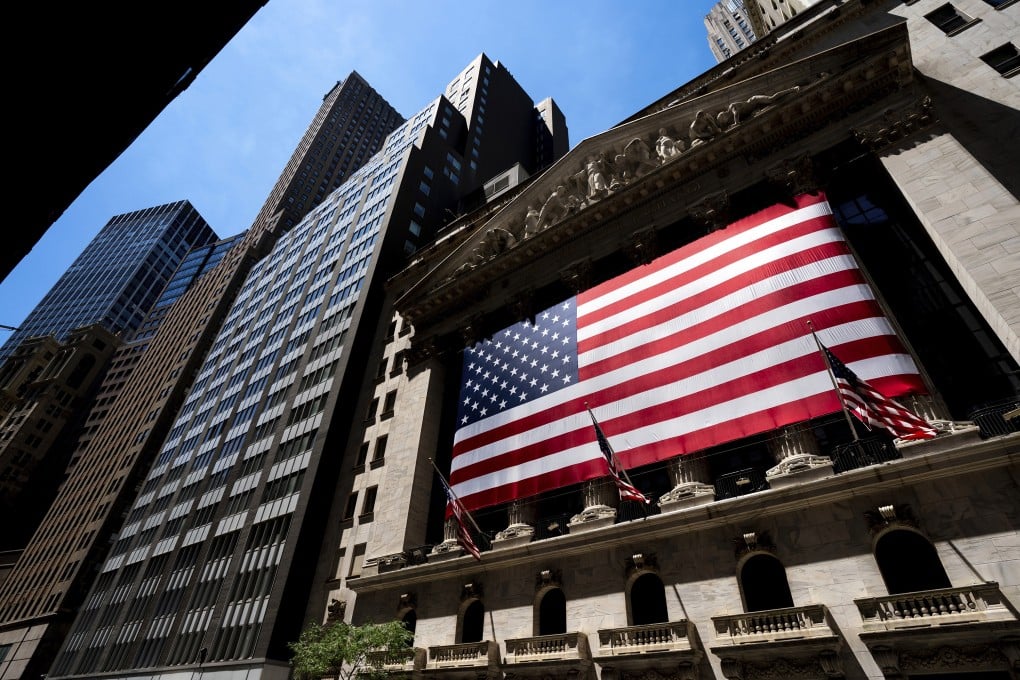Goldman Sachs: odds of Chinese firms being booted off US exchanges down by almost half since March following audit data agreement
- Markets are now pricing in around a 50 per cent chance of Chinese firms being delisted, down from a high of 95 per cent in mid-March
- However, uncertainty around US-China tensions will continue to motivate Chinese ADRs to diversify away from the US, Goldman analysts say

The odds of Chinese companies being booted off US exchanges have subsided since reaching an all-time high in March, after regulators on both sides of the divide reached an audit agreement last week, Goldman Sachs said on Monday.
The US bank estimates a complete removal of the delisting risk could boost the price-earnings multiples of US-listed Chinese companies by 11 per cent and that of MSCI China members by 5 per cent. Full-blown delistings could hurt their valuations by 13 and 6 per cent, respectively, in the opposite “forced delisting” scenario.
At stake are about 168 Chinese companies listed in the US with a combined market value of US$1.5 trillion on the New York Stock Exchange (NYSE) as of June, according to the Public Company Accounting Oversight Board (PCAOB). In December 2020, when the SEC finalised rules to potentially prevent trading in Chinese companies under the HFCAA, it identified 273 companies at risk.
The total market value of these Chinese American depositary receipts (ADR) has more than halved in the past 18 months, according to the US bank’s estimates, since former president Donald Trump signed the Holding Foreign Companies Accountable Act (HCFAA) into law in December 2020, requiring US-listed foreign companies to comply with audit inspection rules under the PCAOB, or face delisting after three consecutive years of non-compliance.
Since then, “investor concerns about the forced delisting of Chinese ADRs from US exchanges have been a key source of volatility for that subset of the market”, Goldman strategists including Kinger Lau said in a note published on Monday.